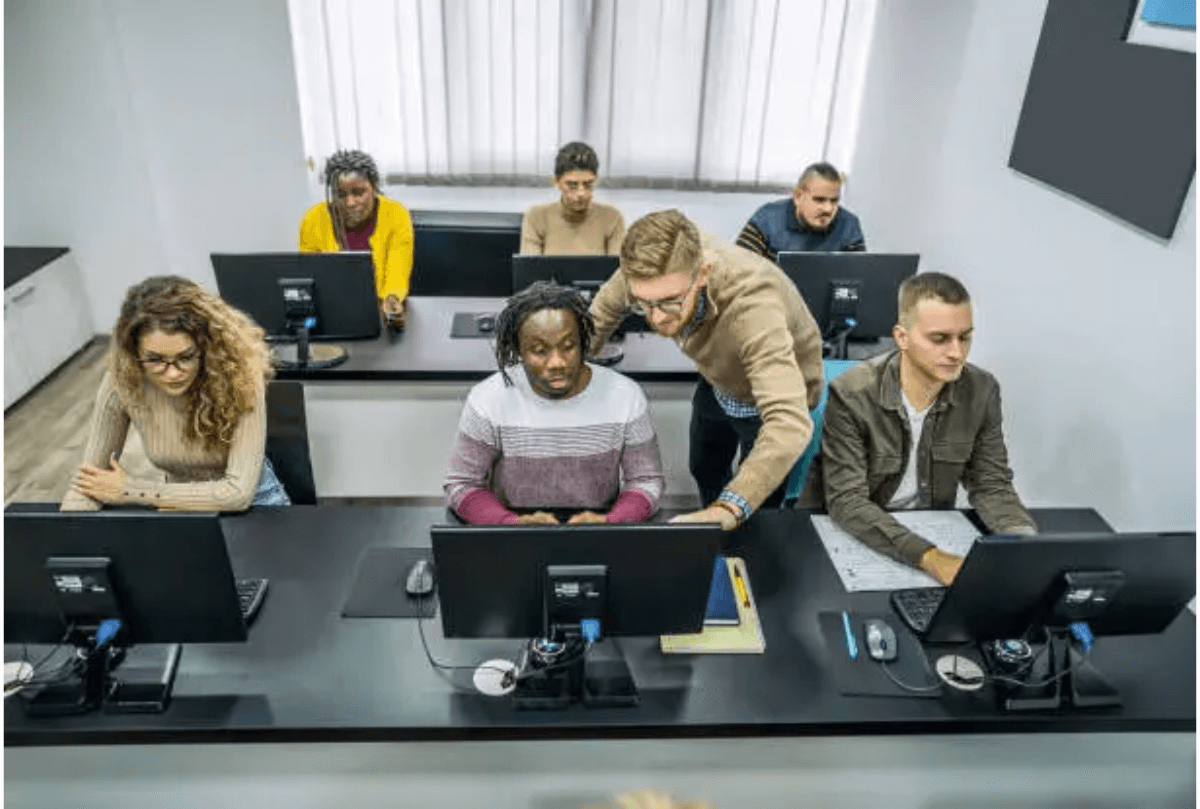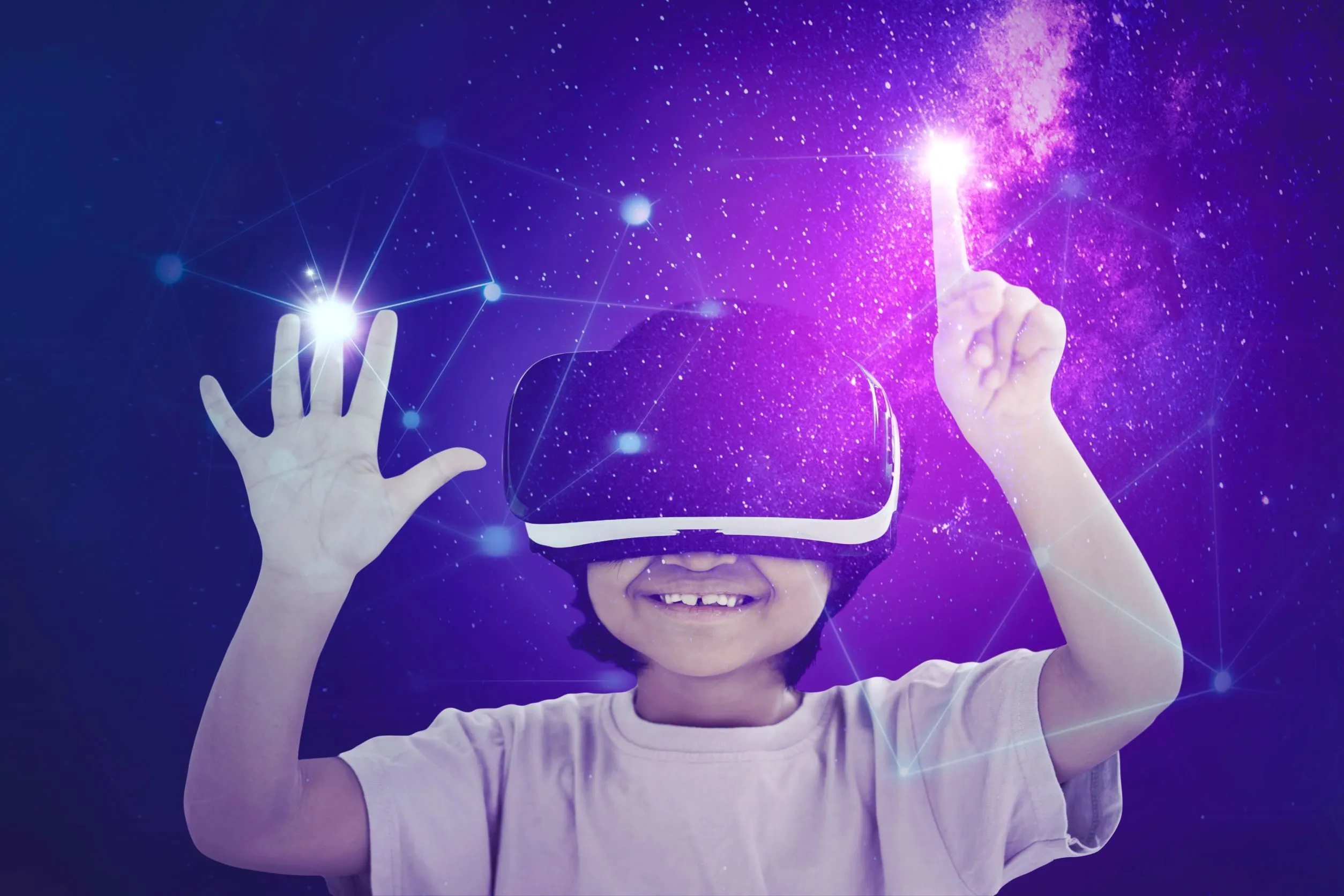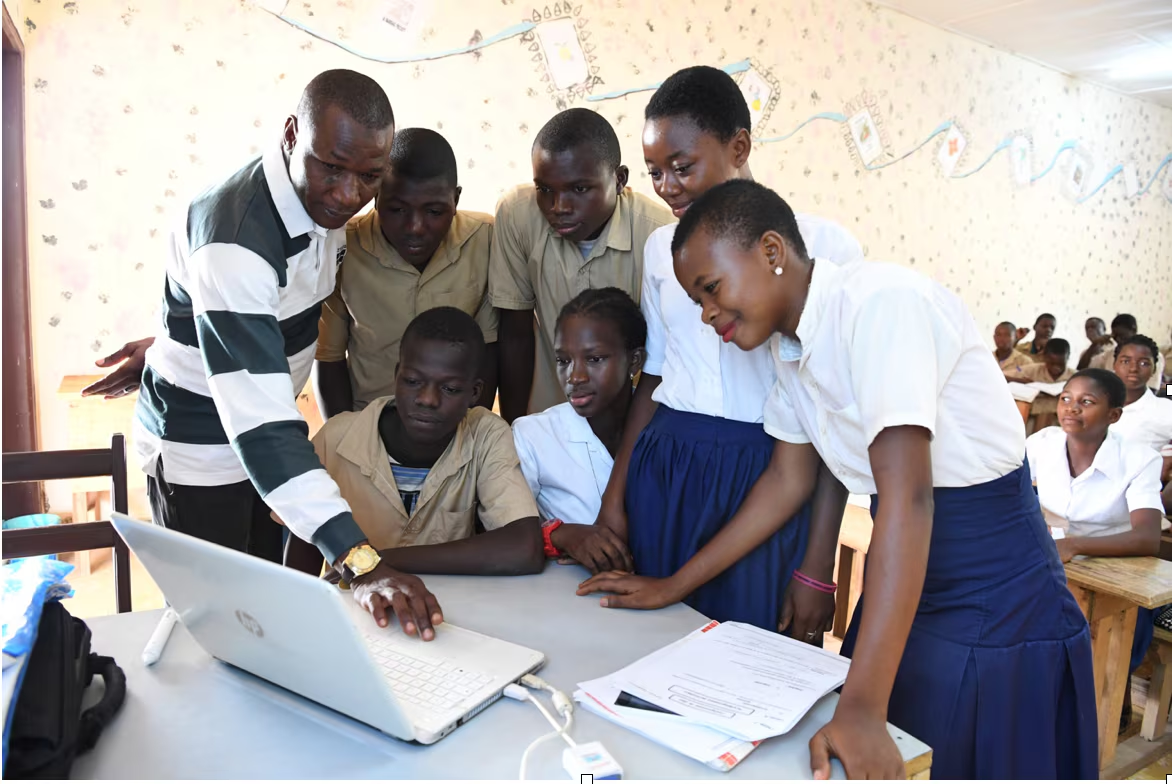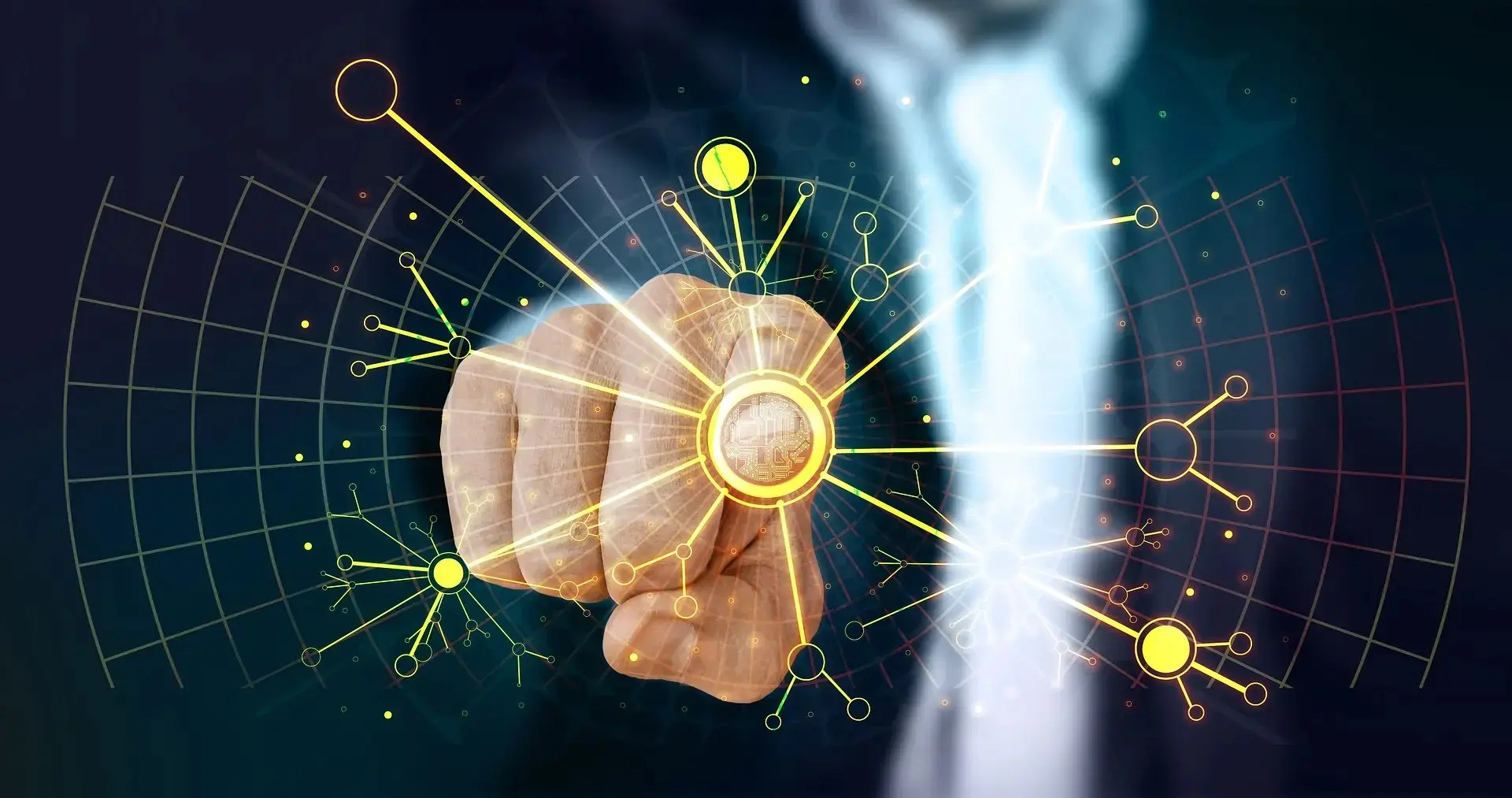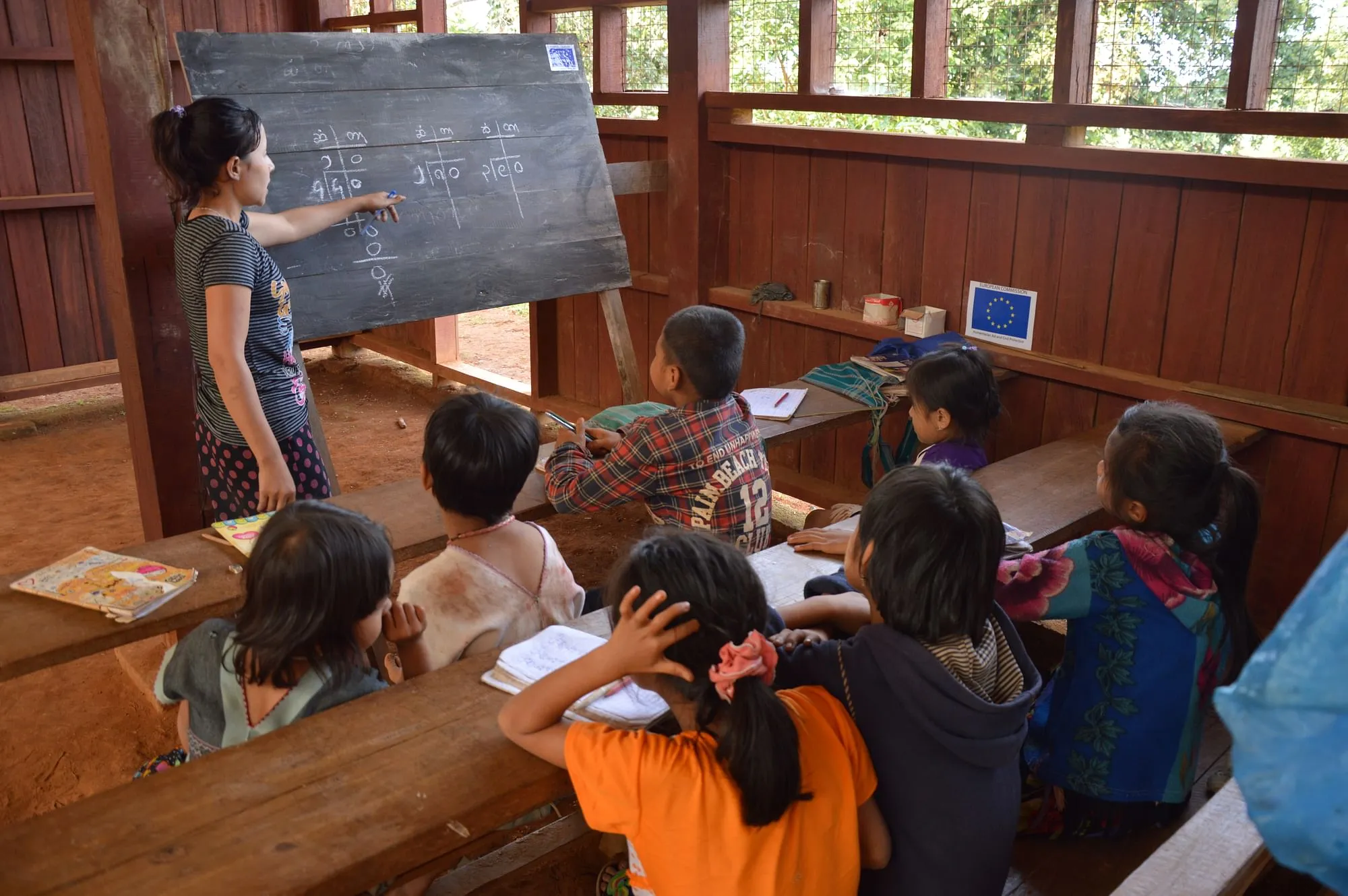The Evolving Landscape of Education: Preparing Learners for a Changing World
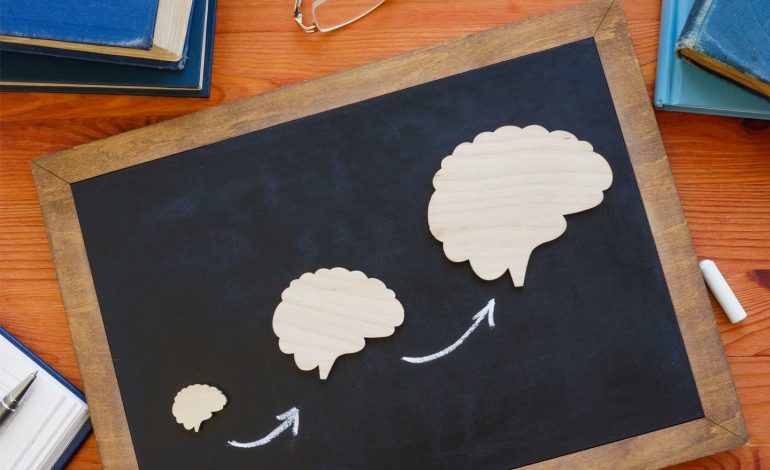
Education has always been the foundation of human progress. It shapes individuals, drives innovation, and builds societies. But in today’s rapidly changing world—defined by technological advancement, globalization, and shifting economies—education itself is undergoing a profound transformation. No longer limited to classrooms and textbooks, learning has become more dynamic, personalized, and lifelong.
As we move deeper into the 21st century, the role of education is not just to provide knowledge but to equip learners with the skills, adaptability, and mindset needed to thrive in an uncertain future.
From Traditional Classrooms to Digital Learning
For centuries, education revolved around face-to-face instruction, physical textbooks, and standardized teaching methods. While effective in many ways, this model struggled to address diverse learning needs and often limited access to those with geographic or economic constraints.
The rise of digital technology has revolutionized education. Online learning platforms, virtual classrooms, and digital resources have broken barriers, making education more accessible than ever. A student in a remote village can now attend lectures from world-class universities, while professionals can upskill through online certifications without leaving their jobs.
COVID-19 accelerated this shift, forcing schools and universities worldwide to adopt remote learning. While the transition was challenging, it also proved that education could adapt and evolve rapidly. Hybrid models, combining in-person and digital instruction, are now becoming the norm, offering greater flexibility for learners and educators alike.
Personalization: Learning at Your Own Pace
One of the most significant trends in modern education is personalization. Traditional classrooms often rely on “one-size-fits-all” approaches, but learners have unique strengths, interests, and challenges. Advances in technology, particularly artificial intelligence (AI), are making it possible to customize learning experiences.
Adaptive learning platforms can analyze student performance and tailor lessons to individual needs. For example, if a learner struggles with algebra but excels in geometry, the system can provide additional support in one area while encouraging faster progress in the other.
Personalized learning goes beyond academics. It also considers different learning styles—visual, auditory, or hands-on—and encourages students to engage with material in the way they learn best. This shift not only improves academic outcomes but also builds confidence and motivation.
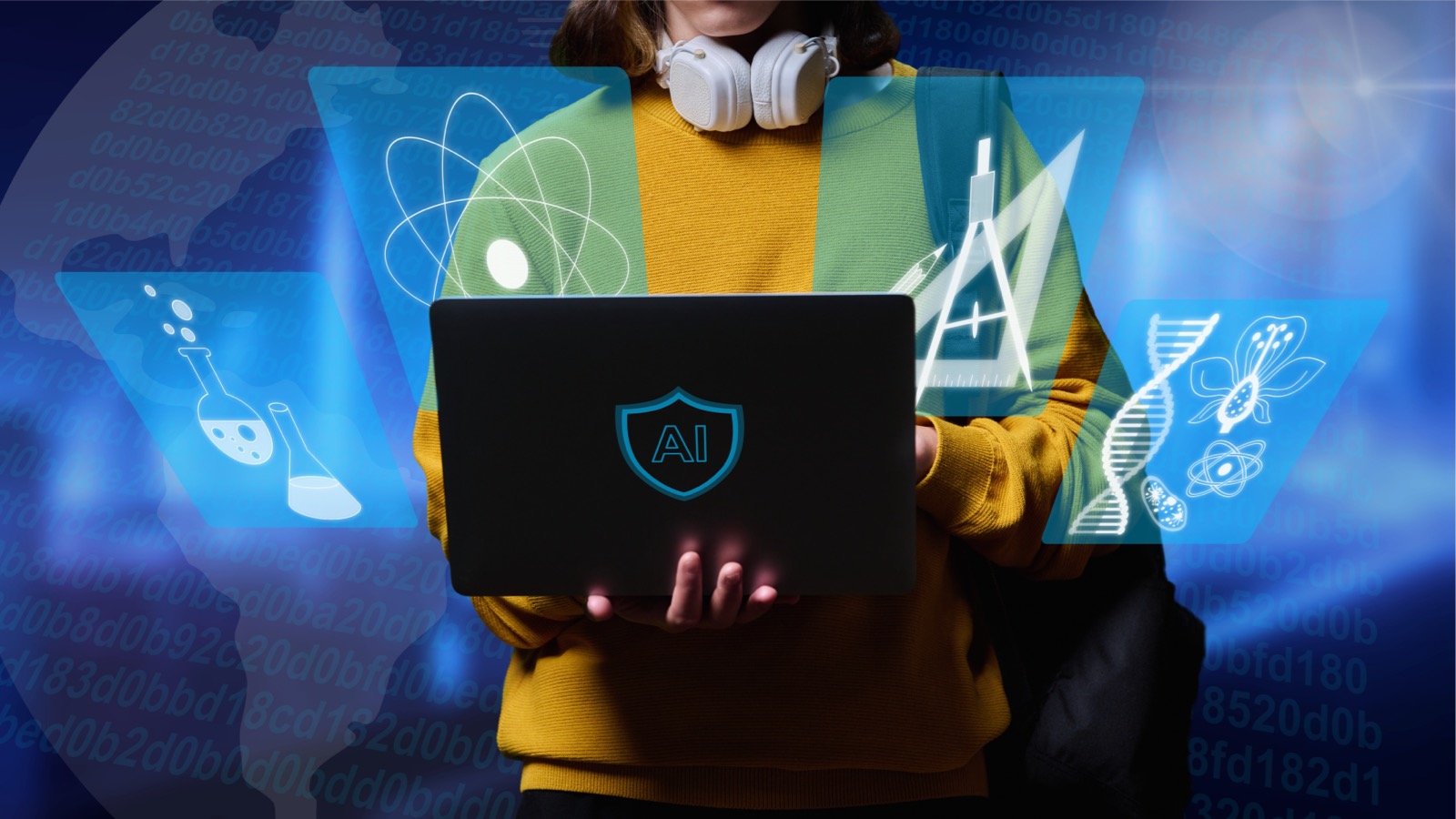
Lifelong Learning: Beyond the School Years
In the past, education was often seen as something confined to childhood and early adulthood. Today, lifelong learning has become essential. Rapid changes in technology and the workforce mean that individuals must continually acquire new skills to stay relevant.
Employers now value adaptability, problem-solving, and digital literacy as much as traditional qualifications. Professionals are turning to online courses, micro-credentials, and workshops to keep pace with industry demands. For example, a marketing professional may need to learn about data analytics or artificial intelligence to remain competitive.
Governments and organizations are also investing in adult education programs, recognizing that upskilling and reskilling are key to economic resilience. The idea of a “career for life” is fading, replaced by the reality of multiple career shifts supported by ongoing education.
The Importance of Critical Thinking and Soft Skills
While technical knowledge is crucial, modern education is also focusing on soft skills—often referred to as 21st-century skills. Critical thinking, creativity, communication, and collaboration are now considered just as important as math, science, and literacy.
These skills are vital for navigating complex global challenges such as climate change, digital misinformation, and social inequality. For example, critical thinking enables students to evaluate sources of information, an increasingly important skill in an era of “fake news” and digital overload. Creativity and collaboration drive innovation, while communication ensures ideas are effectively shared and understood.
Educators are incorporating project-based learning, group discussions, and real-world problem-solving into curricula to help students develop these skills. Instead of simply memorizing facts, learners are encouraged to apply knowledge, think independently, and work in teams.
Equity and Access in Education
Despite progress, inequality in education remains a pressing global issue. Millions of children and adults still lack access to quality learning due to poverty, conflict, or lack of infrastructure. In many regions, girls face additional barriers to education, limiting opportunities for personal and economic growth.
Digital learning has opened doors but also highlighted the “digital divide.” Not every student has reliable internet access, devices, or digital literacy. Without addressing these gaps, technology risks deepening inequalities rather than solving them.
Organizations like UNESCO and UNICEF emphasize the importance of inclusive education policies that prioritize marginalized communities. Bridging the gap requires investment in infrastructure, teacher training, and equitable access to digital tools. True progress means ensuring that every learner, regardless of background, has the chance to reach their potential.
The Role of Teachers in a Changing World
As education evolves, so does the role of teachers. No longer just transmitters of knowledge, teachers are becoming facilitators, mentors, and guides. Their role is to inspire curiosity, nurture critical thinking, and help students navigate a sea of information.
Technology may provide tools, but teachers remain the heart of education. Building trust, empathy, and human connection cannot be replaced by algorithms. Teachers are also essential in adapting curricula to local contexts, recognizing individual student needs, and fostering inclusive classrooms.
Professional development for educators is critical. As new technologies and teaching methods emerge, teachers must be equipped with the training and resources to succeed. Investing in educators ultimately means investing in the quality of education itself.
Education for Global Citizenship
In an interconnected world, education must go beyond national boundaries. Global citizenship education prepares learners to understand cultural diversity, respect human rights, and engage in solving shared challenges.
Climate change, public health crises, and technological disruption require international cooperation. Students who are educated as global citizens are more likely to contribute positively to society, embrace diversity, and advocate for sustainability.
Curricula that integrate global issues, encourage cross-cultural exchange, and promote ethical responsibility help prepare learners for roles not only as workers but also as engaged members of a global community.
The Future of Education: Innovation and Possibility
Looking ahead, education is likely to become even more flexible, technology-driven, and learner-centered. Virtual and augmented reality are already being used to create immersive learning environments. Imagine studying ancient history by “walking” through a digital reconstruction of Rome, or practicing biology by exploring a 3D model of the human body.
Artificial intelligence may continue to refine personalized learning, while blockchain could revolutionize credentialing by providing secure, verifiable records of skills and qualifications. Gamification—using game-like elements in learning—will keep students engaged and motivated.
However, the future of education must balance innovation with human values. Technology should enhance, not replace, the relationships and experiences that make education meaningful. The ultimate goal remains the same: to empower individuals with knowledge, skills, and wisdom that enrich both personal lives and society as a whole.
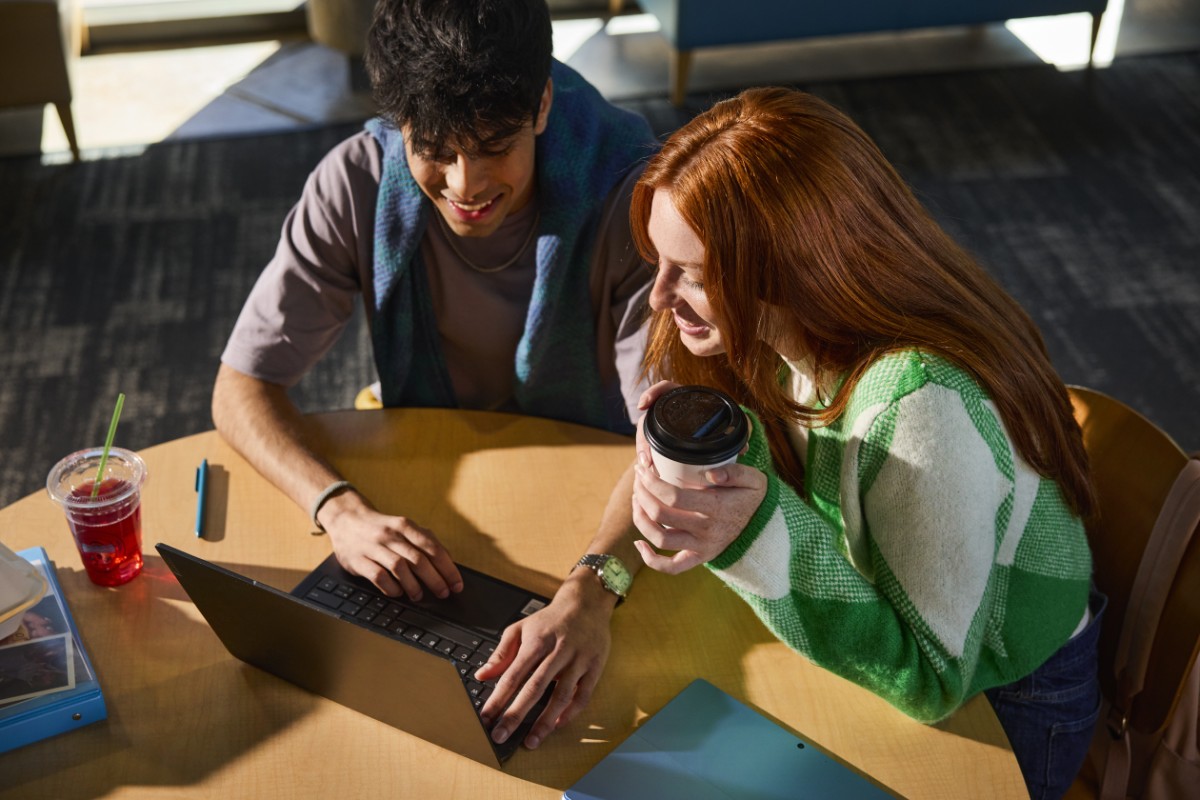
Conclusion
Education is no longer confined to traditional classrooms or early stages of life. It is evolving into a lifelong, global, and personalized journey. As technology, society, and economies change, education must keep pace—focusing not just on knowledge, but on adaptability, critical thinking, and human connection.
By investing in inclusive, innovative, and student-centered approaches, societies can ensure that learners are prepared not just for the jobs of tomorrow, but for the challenges and opportunities of an interconnected world.
Education is, at its heart, about unlocking human potential. In a rapidly changing era, it remains the most powerful tool we have for shaping a brighter, more resilient future.


